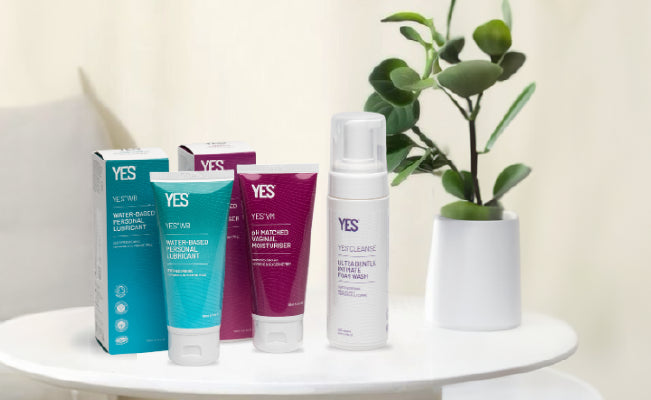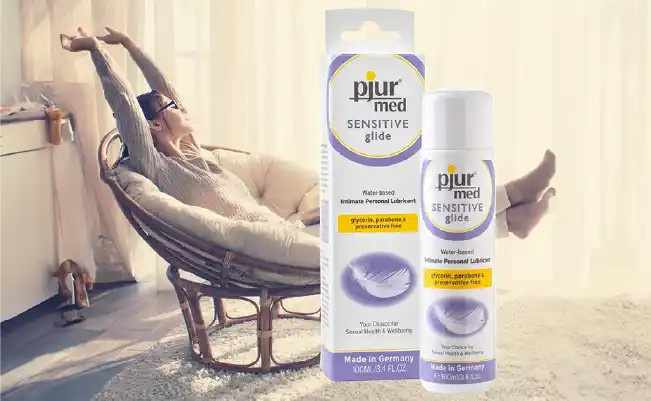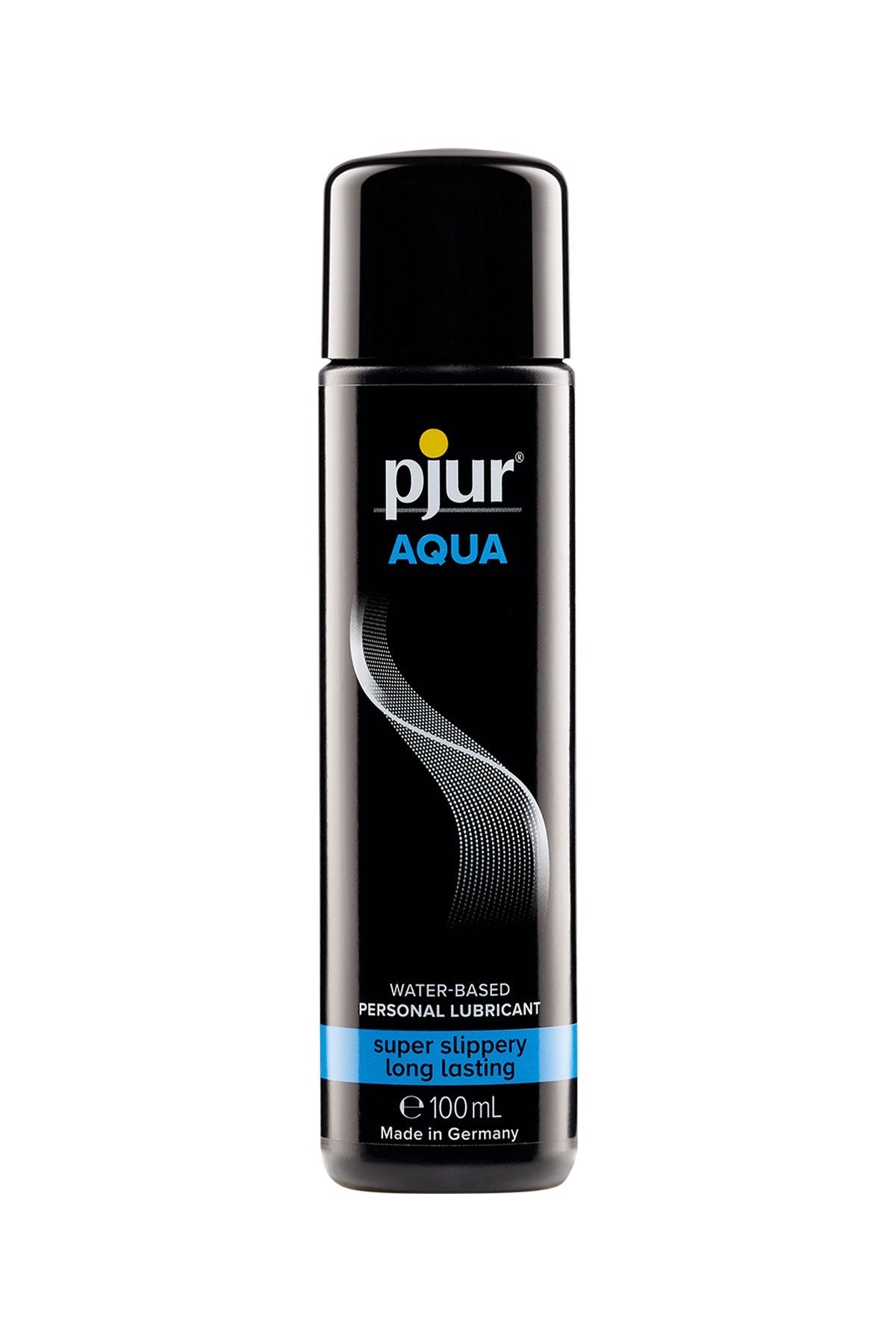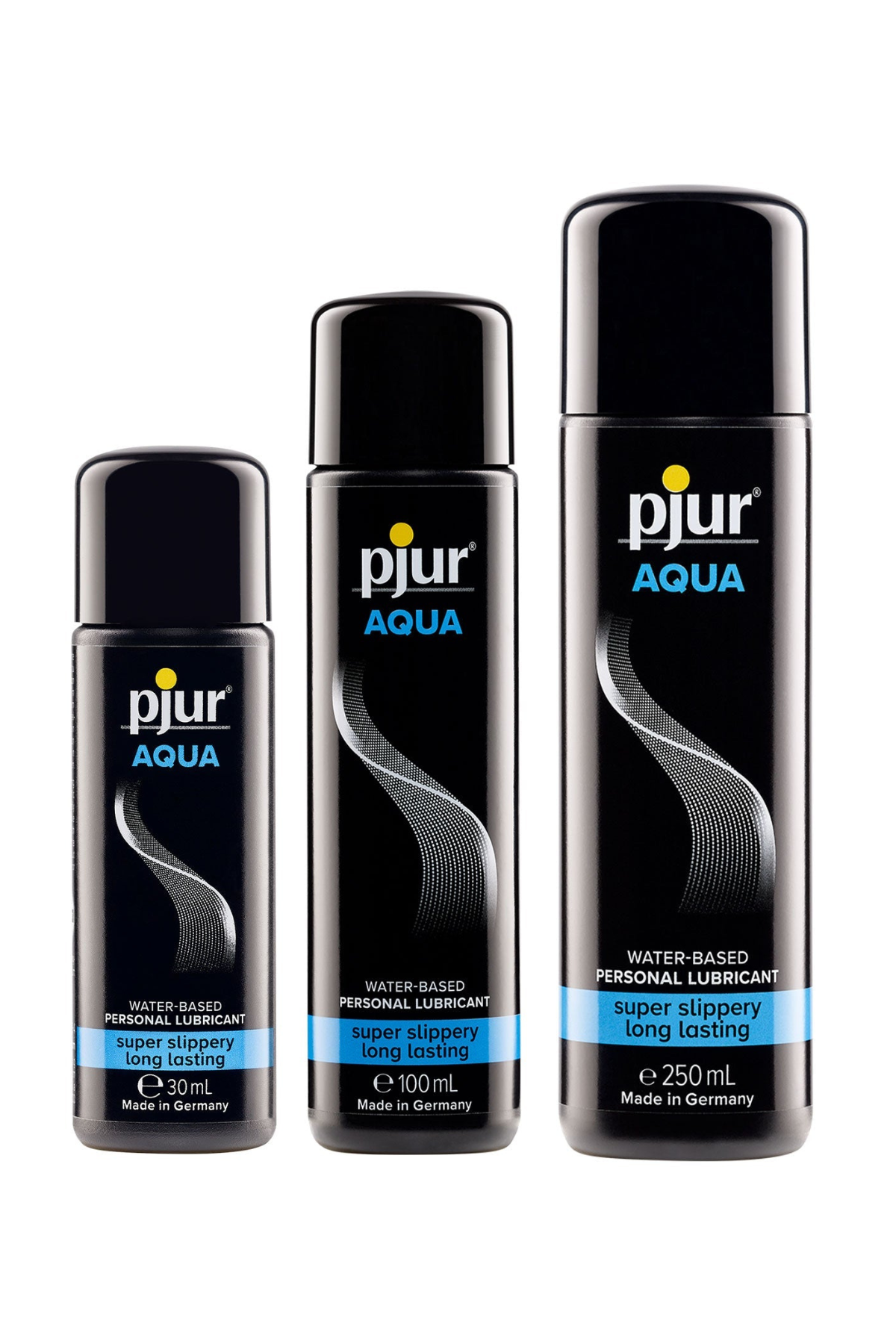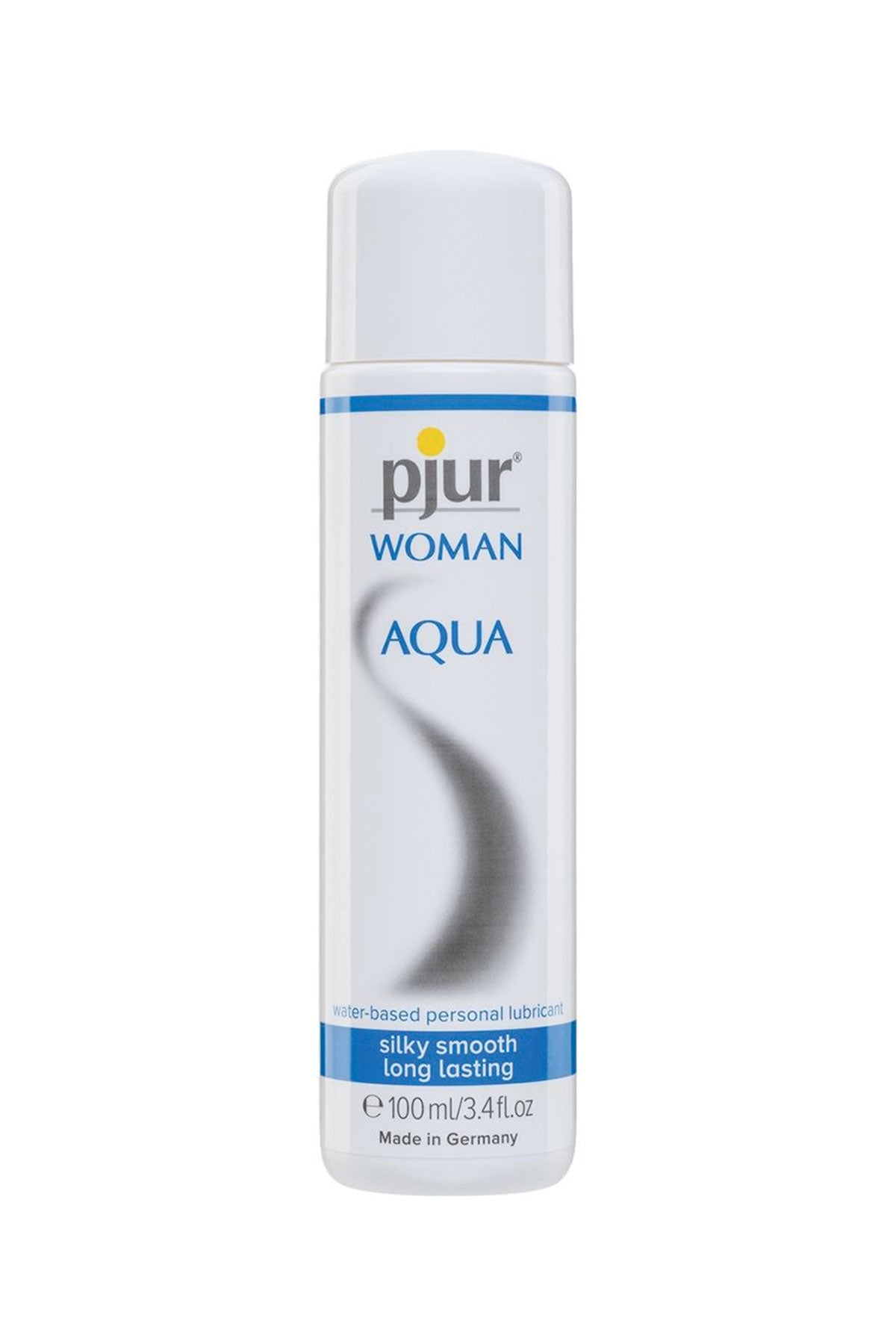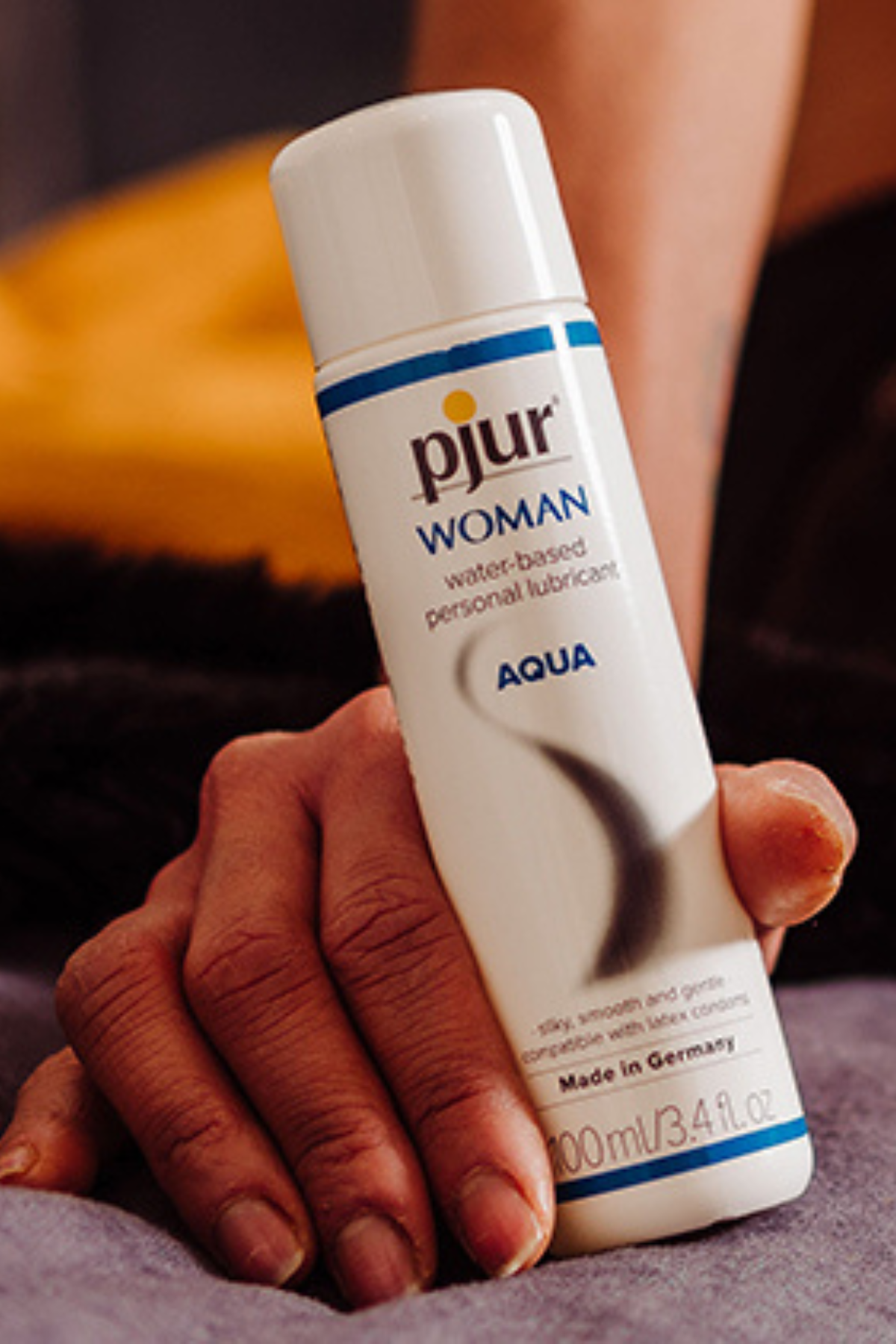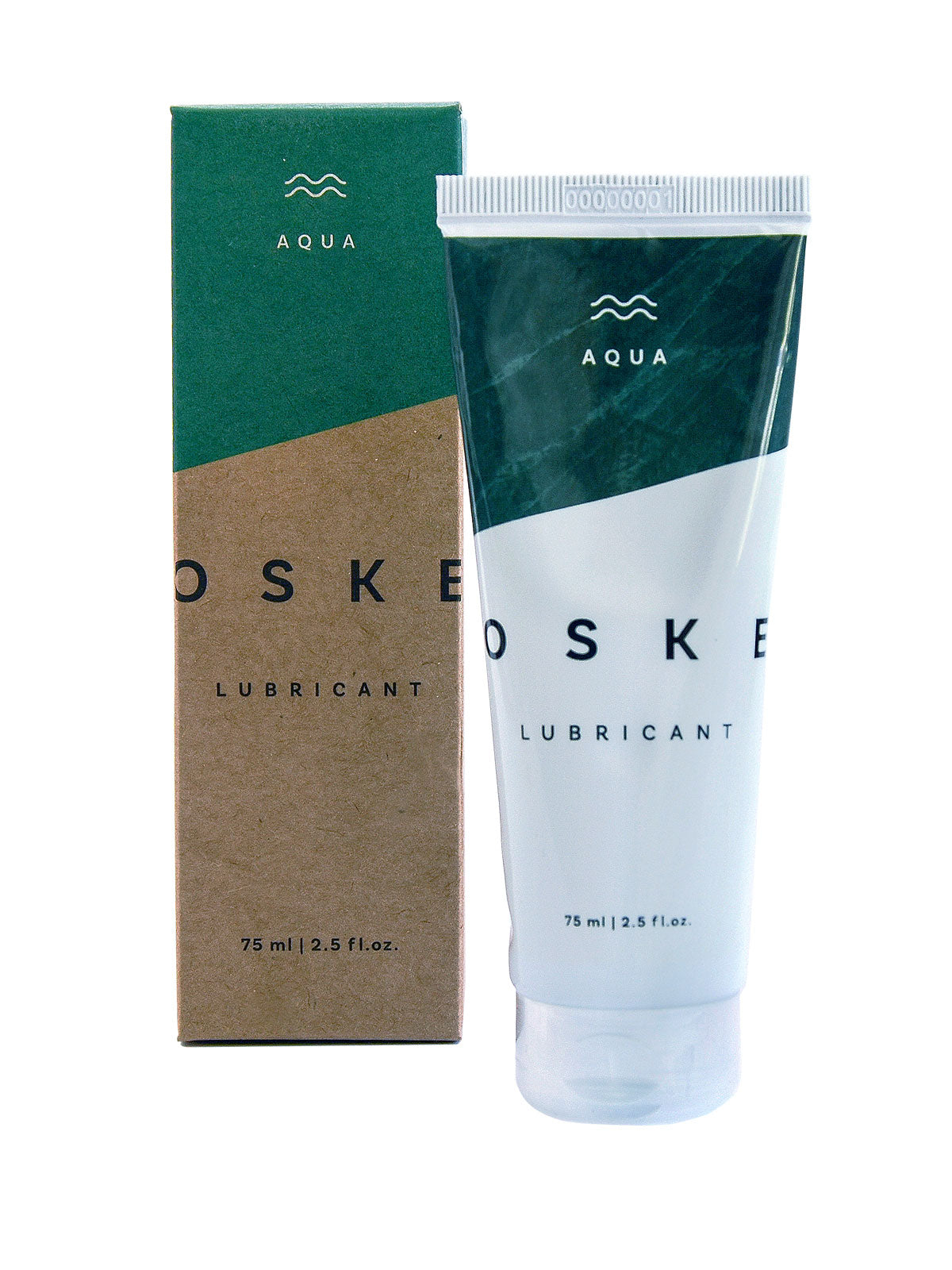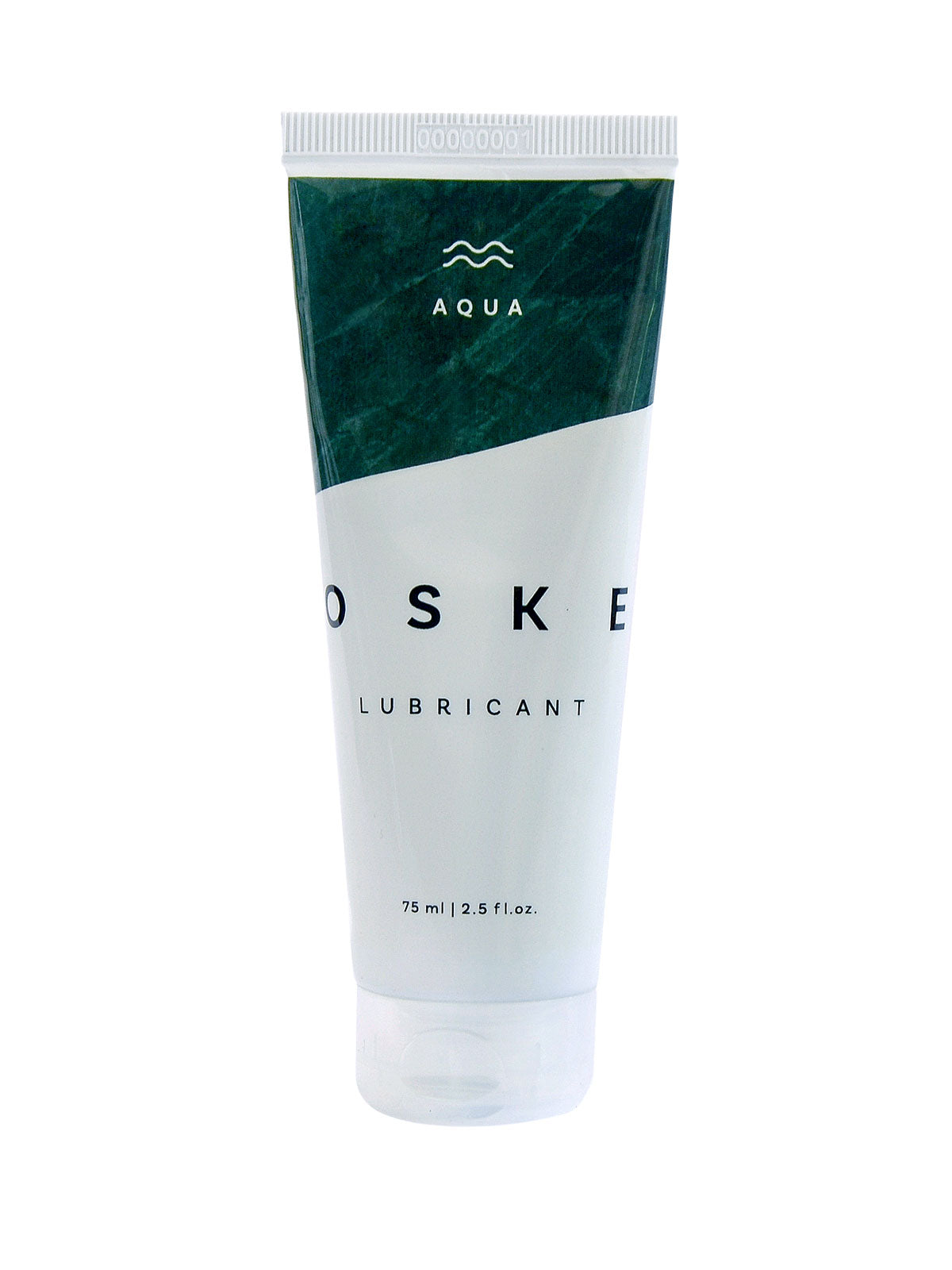
Is Vaseline Safe to Use as a Personal Lubricant?
Vaseline as a Lube
We all know the Vaseline brand. It is one of the oldest “lubricants” on the market and has been used as a lube for many years. It’s less common now because better and more appealing options have become available. But let’s go back to the topic of using Vaseline as a lube. What is it actually, and what is Vaseline all about?

Is Vaseline a good Personal Lube?
Here’s the skinny on what Vaseline actually is:
It’s a petroleum jelly, also known as “petrolatum” (technically speaking), and is an oil-based lubricant. Petroleum jelly is a byproduct of the oil refining process. When crude oil is processed, different components are separated based on their boiling points. Petroleum jelly is one of these components.
Its texture makes it very useful for many applications, including medicine and household use. One of the benefits of Vaseline is that it’s hydrophobic, meaning it doesn’t mix or dilute in water.
Its texture makes it very useful for many applications, including medicine and household use. One of the benefits of Vaseline is that it’s hydrophobic, meaning it doesn’t mix or dilute in water. Mr Robert Chesebrough invented it in 1859 as a healing ointment for cuts and burns under the name Vaseline. It’s been appreciated and used in households (for many uses) ever since.
Should Petroleum Jelly Be Used as a Lubricant?
First, let’s consider the pros and cons before deciding on whether it’s a good personal lubricant that might suit your needs:
Pros:
- Moisturising. Petroleum jelly is an excellent moisturiser and protection for dry skin.
- Longevity. It is thick, and therefore doesn’t dry out or absorb quickly, which could be an advantage.
Cons:
- Not Condom-Safe: It’s important to know that petroleum jelly can degrade latex condoms, increasing the risk of breakage. Vaseline is therefore not safe to be used with condoms.
- Potential for Infection: Vaseline is non-absorbent, so it can trap bacteria and create a perfect environment for yeast growth and bacteria, especially in the vagina.
- Non-Absorbent: Vaseline is not absorbed by the skin or mucous membranes. Instead, it forms a thick, impermeable barrier on the surface, which needs to be washed off in order to be removed.
- Messy Clean-Up: Petroleum jelly is thick and sticky, making it difficult to clean it off your skin and fabrics. Vaseline is also water-resistant, making it even more difficult to wash off.
- Disruption of Natural Flora: The thick layer of Vaseline can disrupt the natural balance of the skin or mucosal flora. This disruption can allow pathogenic bacteria or yeast to overgrow, leading to infections.
In our view, when these factors are taken into consideration, the results show us that Vaseline is a poor choice for a personal lubricant, especially for vaginal use, where maintaining a healthy balance of natural flora is crucial.
While it’s possible to use Vaseline in some cases, where it is indeed long-lasting and great for reducing friction, it’s still not a great lubricant for general intimacy. There are many options out there that are better and safer. (They smell better too.)
Is Petroleum Jelly the Same as Vaseline?
Yes, Vaseline is a brand of petroleum jelly. Vaseline is a specific brand that has taken petroleum jelly, and it has been refined and purified for cosmetic and medical use. While all Vaseline is petroleum jelly, not all petroleum jelly is Vaseline. Like Clover is a brand of ice cream, but not all ice creams are Clover.

for use as a personal lubricant...
Our Simple Summary
While some petroleum jellies (or Vaseline in particular) is generally safe to use, and provides longer-lasting lubrication and moisturising benefits, we do not recommend it for intimate use. Its incompatibility with latex condoms and the potential risk of infection are too great to be ignored. Instead, we feel better about suggesting personal lubricants that are designed specifically for regular intimate use. They are far safer, healthier and easier to clean, and therefore far more effective than petroleum jelly.
